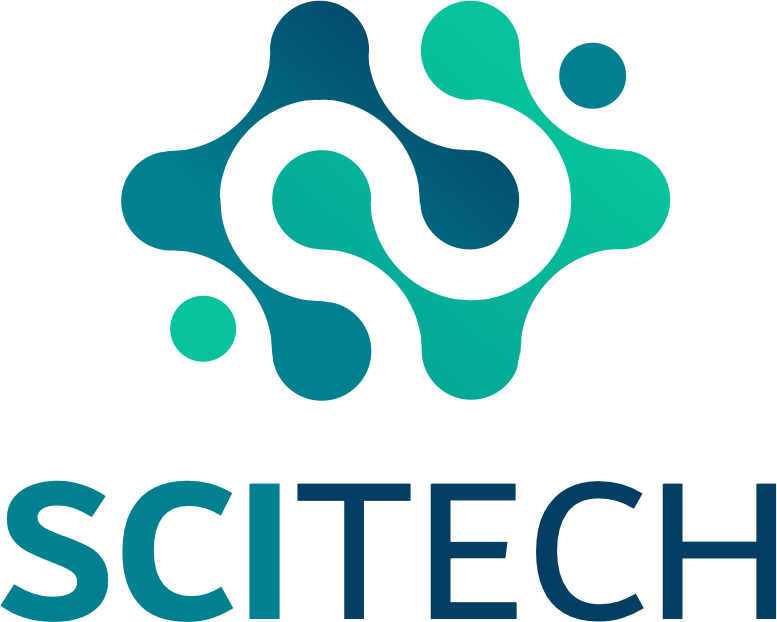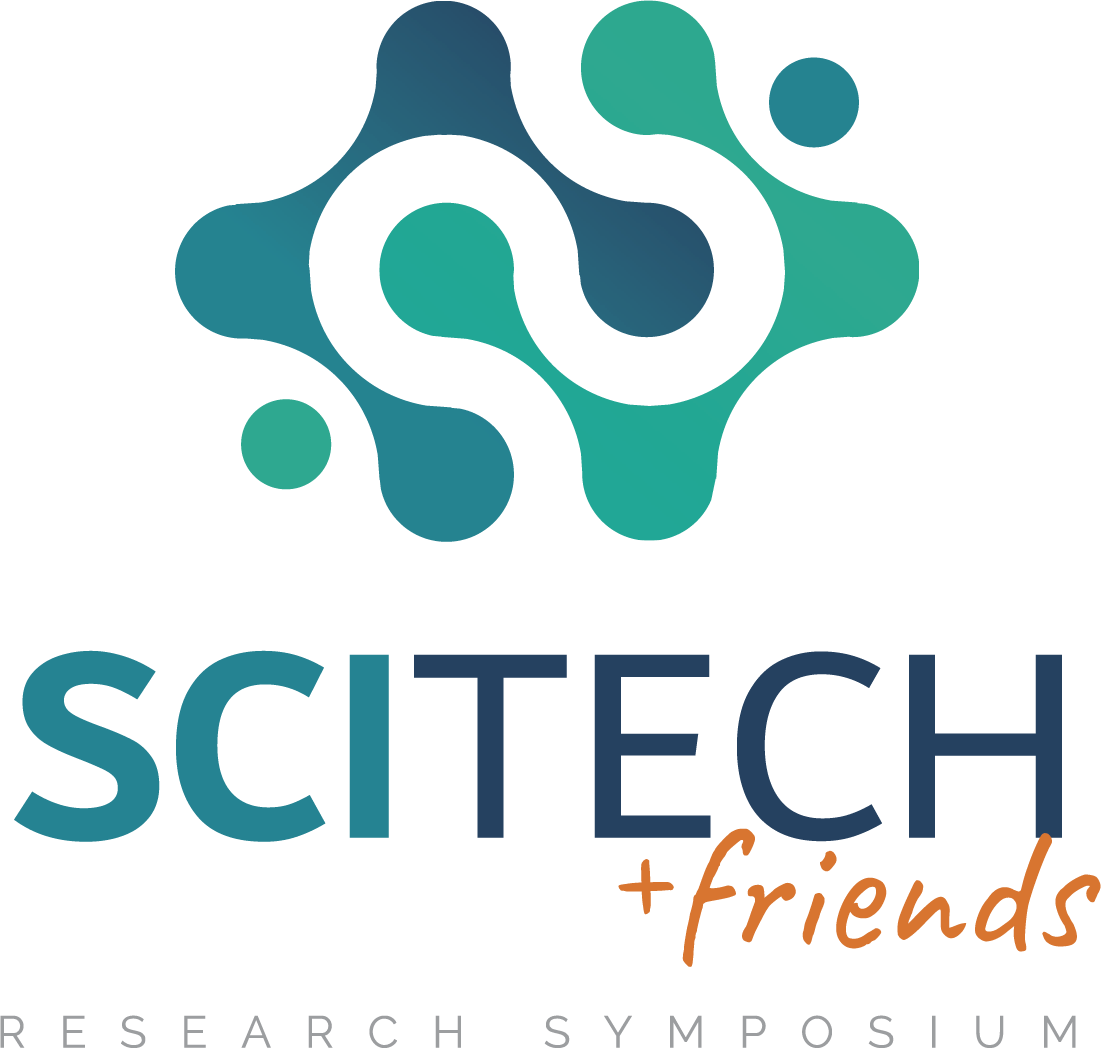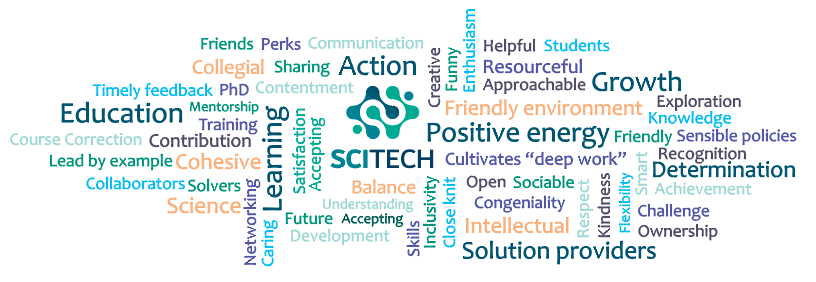Student Researcher Spotlight: Shubham Nagarkar
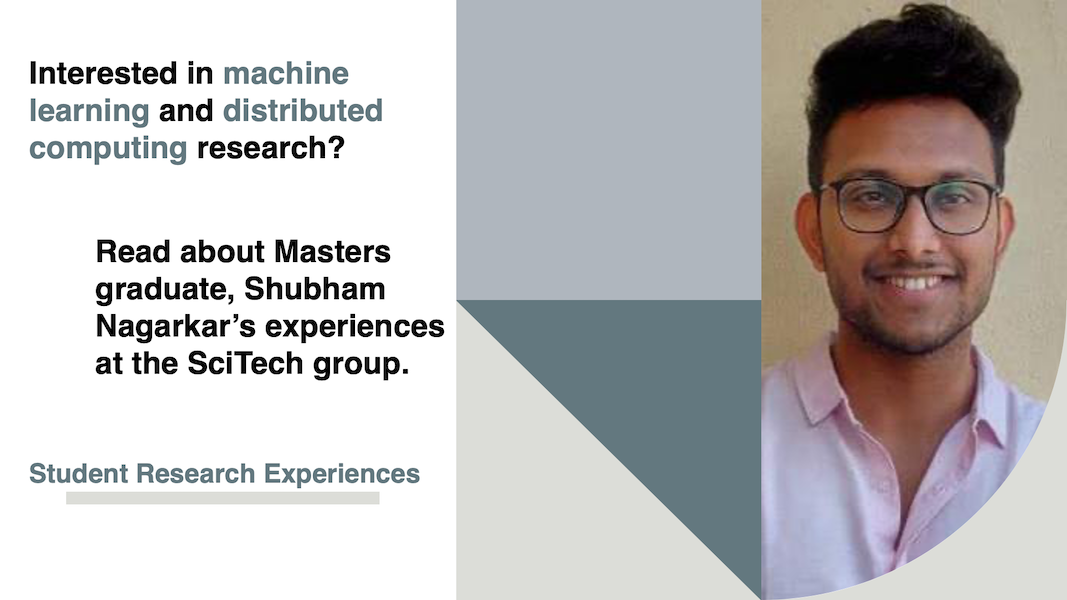
Tell us a bit about yourself and your research interests.
I am Shubham Nagarkar from Pune, Maharashtra, India, and I am pursuing a Masters of Science in Computer Science at the University of Southern California with an emphasis on Artificial Intelligence and Machine Learning. My whole USC programme is a fantastic representation of my research interests in Computer Vision and Deep Learning. I’ve always been interested in applying artificial intelligence to address challenging issues in a variety of sectors, and I believe in AI for Social Good.
During your time as a student researcher here in the SciTech group, what kind of projects did you have the opportunity to work on?
During my time as a student researcher at the SciTech group, I was given the chance to work on a variety of projects related to my areas of interest. Initially, I worked on the Crisis Computing Workflow, which entails applying deep learning algorithms to filter out useful information from the massive amounts of data accessible on social media during catastrophic events and natural disasters. This data provides essential information on the magnitude of the events, victims, and infrastructure damage, which may offer local government organizations with a large picture knowledge of the crisis and allow them to prepare a prompt response.
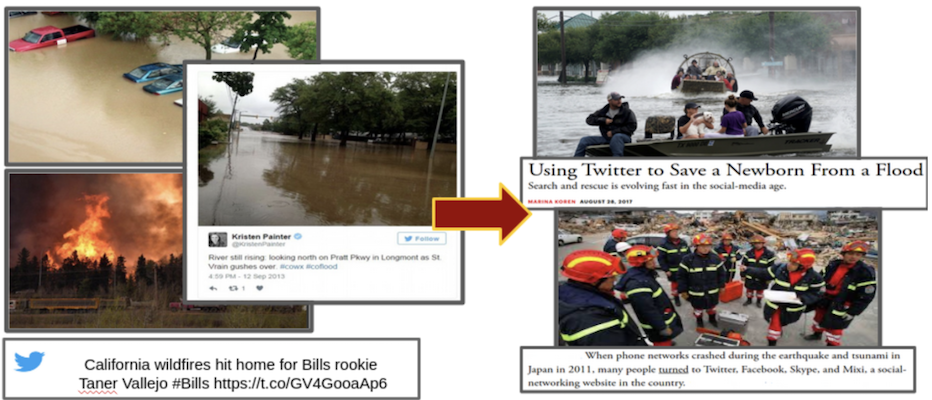
In addition, I worked on Gantt Charts Workflow, where we employed an unique computer vision method to detect anomalies in Gantt Charts and published a paper on the subject. In the paper, we suggest a novel approach to tackle the problem of anomaly detection by applying Convolutional Neural Network (CNN) classification methods to high-resolution visualizations that capture the end-to-end workflow execution timeline. We explored various CNN architectures like AlexNet, VGG-16, ResNet-18 and a simple CNN from scratch to tackle this problem. The following plot shows the performance of all our different CNN architectures.
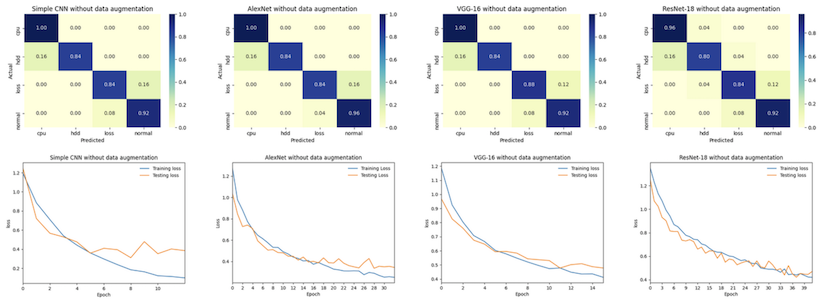
Apart from these projects, more recently, I have also been collaborating on a paper that entails the needs of supervised machine learning workflows in Science.
What are some of the new skills that you have acquired while working here? How have these skills helped you in your academic or professional endeavors?
While working at SciTech group on various projects, I got a great insight into Pegasus Workflow Management System. I learned how various workflows are processed and executed on a distributed system. I was also introduced to great Machine Learning practices and tools like using MLFlow to track and document all the experiments and their results, and using Optuna for Bayesian hyper-parameter optimization. These technologies are presently being utilised in industries as an essential component of Machine Learning Pipelines. I also improved my ability to work and research individually while simultaneously contributing to a team. This research experience has taught me to be more structured and analytical in my problem-solving approach. All these skills along with the research experience have helped me secure a great internship and a full-time job in the domain of deep learning.
After graduation, what career plans do you have next?
Post graduation, I will be joining W. W. Grainger as a Data Scientist in Computer Vision and Natural Language Processing where I will be working on interesting applications of 3D vision and self-supervised learning.
What is some advice that you can give to incoming students?
My advice to the incoming students would be to make the most of this wonderful opportunity. Working at the SciTech lab is in itself a great learning experience academically and personally, as you are constantly challenged with new projects. In my opinion, one should always retain an open mind and a desire to learn, since there are many possibilities at SciTech to execute cutting-edge machine learning projects or collaborate on a research publication. Given that masters coursework is already extremely demanding, it is critical to organize your time so that you may work hard and play hard. Displaying leadership, being passionate about learning new skills, always being curious, thinking outside the box, as well as taking on challenges with a calm mind, are some of the factors that helped me succeed not only at the SciTech lab, but also in obtaining an internship and a full-time job.

